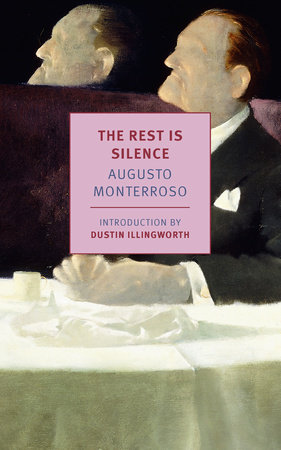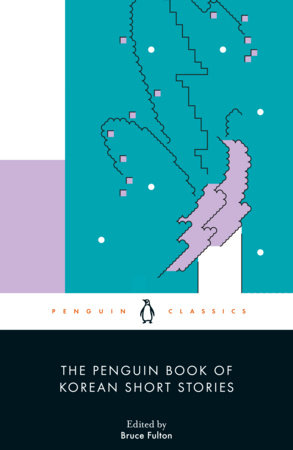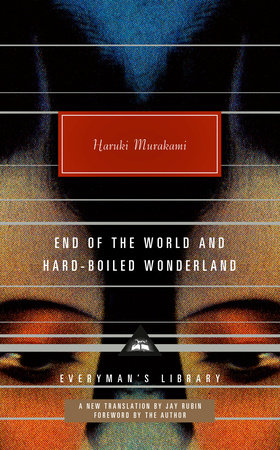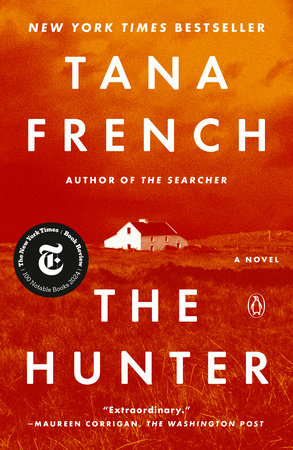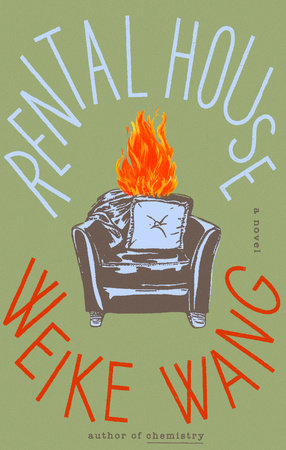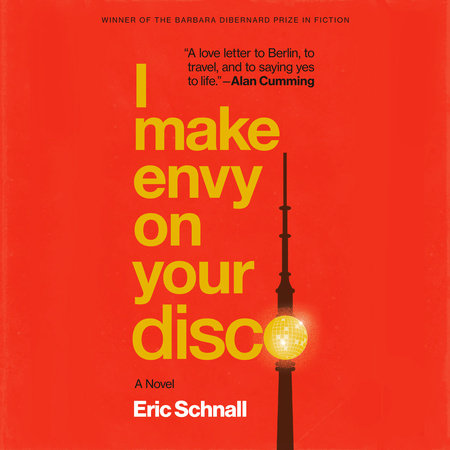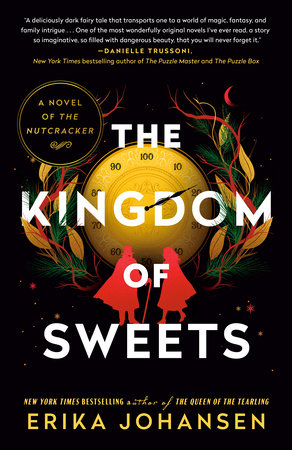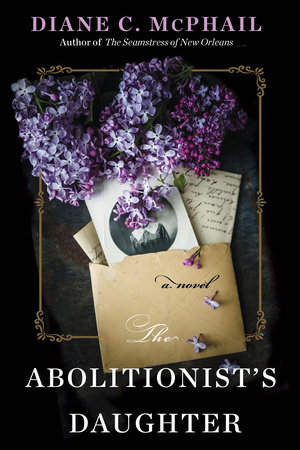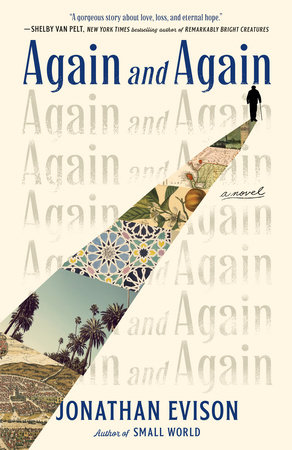Author Q&A
1. You are one of Canada’s most respected poets, but you’ve never published a novel before. Why now? In what ways does being a poet colour your approach to writing fiction?
I wrote two novels in my twenties (living in Italy for the first and Sweden the second), neither of them published (although John Robert Colombo, an editor with Ryerson Press at the time, wanted Ryerson to do it). I think neither of them were much good, although the second one was (in my unbiased, of course, opinion) better than some that did get into book-form in Canada that year. I didn’t try again for many years because I was teaching at York University. and at the Banff Fine Arts Centre, so great expanses of free time were not at my disposal; and because discovering the nuances and pleasures of writing poetry satisfied the creative urge completely. I’m now retired from both York and Banff and those “expanses,” which had become available upon my retirement, invited me towards a lengthier, more free-ranging genre.
As for the effect of poem-composing on the writing of fiction, I think it has (and in my case surely had) a profound influence on the care and attention one brings to every page, every sentence. Matters such as rhythm and assonance, etc., have, I’d like to think (and do think), had ample time to become second nature. And since I was in no hurry, I could redraft Doctor Bloom’s Story as often as I wanted, which meant that this redrafting took place seven or eight times, so the whole of it improved, slack pages became tighter, pages lacking anything interesting in the way of a metaphor or simile got to have some of those things, dialogue sharpened and even acquired a touch of wit here and there, etc.
2. Dr. Bloom frequently and charmingly cites his heroes, from Chekhov to Goncharov. Did you have any particular single influence writing this novel, or were you thinking of the same names your protagonist cites?
No “particular” influence that I’m aware of. But I’ve read and re-read my favourite authors (Musil, George Eliot, Mann, Tolstoy, Chekhov, and yes, way back there, F. Scott Fitzgerald; and poets such as Edward Thomas and Hardy and Housman and Frost and Larkin) so there must be contributions from all of them in one debased form or another.
3. Who is your favourite character in this book, and why?
Favourite character, hmm. Haven’t thought about this. I like Marianne pretty well; I’m amused by Larry, glad he’s there to lighten things up now and then in his frequently coarse fashion; and since Nicolaas holds the floor most of the time, I must find him pretty tolerable. He has a lot of my tastes but he’s more reliable and consistent in those tastes than I am, and I like that about him. I wouldn’t mind bringing myself closer to him in that regard.
4. Although Doctor Bloom’s Story might appear to be a conventional first person narrative, it displays several inventive touches: a tentative, self-conscious narrator who frequently quotes other writers; the presence of documents, such as Sophie’s journal, that edge this narrator out; a character named Moosbrugger (without reference to Musil) and another named Giorgio (a glance at James Joyce’s son?); and, occasionally, conversations that the narrator was not present for. Are these satirical bites at what Larry calls “feckless, postmodern arseing-around”?
Not really (i.e. not really “satirical bites”). I pay so little heed to postmodernism etc. that if I’m edging into that territory I probably don’t notice it. I enjoyed using a bunch of proper names from Musil (there are at least a half-dozen in addition to Moosbrugger), not picked up on by too many readers and not expected to be picked up on — a kind of homage, that: I think Musil’s better than Thomas Mann, and I think Mann’s pretty splendid. The conversations “that the narrator was not present for,” those are simply matters that the reader needed to be informed of, and my role and problem was to disguise the improbability of that eavesdropping as best I could.
5. If you weren’t writing, what would you want to be doing for a living? What are some of your other passions in life?
What would I want to be doing for a living if I weren’t writing? I’d LOVE to have been a director; not of film, but of live theatre. I’d have been a terrible actor but I’ve many times come away from a play full of admiration for a director’s subtle and creative touches; and even more times full of thoughts of what I would have done if I’d had the chance to direct those actors, that production. Brilliant thoughts relating to Hamlet or the melancholy Jacques and to the intonation he could have brought to bear just here, or just there; or an idea regarding the unwritten extra character who could have been standing off there a bit and turned wordlessly away out of uncontainable laughter or grief.
Other passions: my family; walking along the old streets of Europe; reading, of course, half my life must have been spent with a book; tennis on a grass court, or anywhere else if grass isn’t available, and following my once — pretty heavy serve into the net. One or two other things best left unnoted.
6. Are there any tips you would give a book club to better navigate their discussion of your book?
Don’t be intimidated by the fact that here’s a story that’s been published, when maybe your own attempt hasn’t been. The story, like everything else that’s available in the shops and libraries, is set in type but not in stone, by which I mean that it was once malleable and underwent many changes en route to its submission to a publisher, and just as many further changes might well have been made and might well have improved it. This applies to everything ever written except maybe Keats’ odes, where I doubt if you could change even a preposition or a comma without damaging things. This kind of freedom in responding to a story would (I hope) please the author and she or he would learn from hearing about it, from listening to it. Or else would argue with you about it. Amiably, of course.



